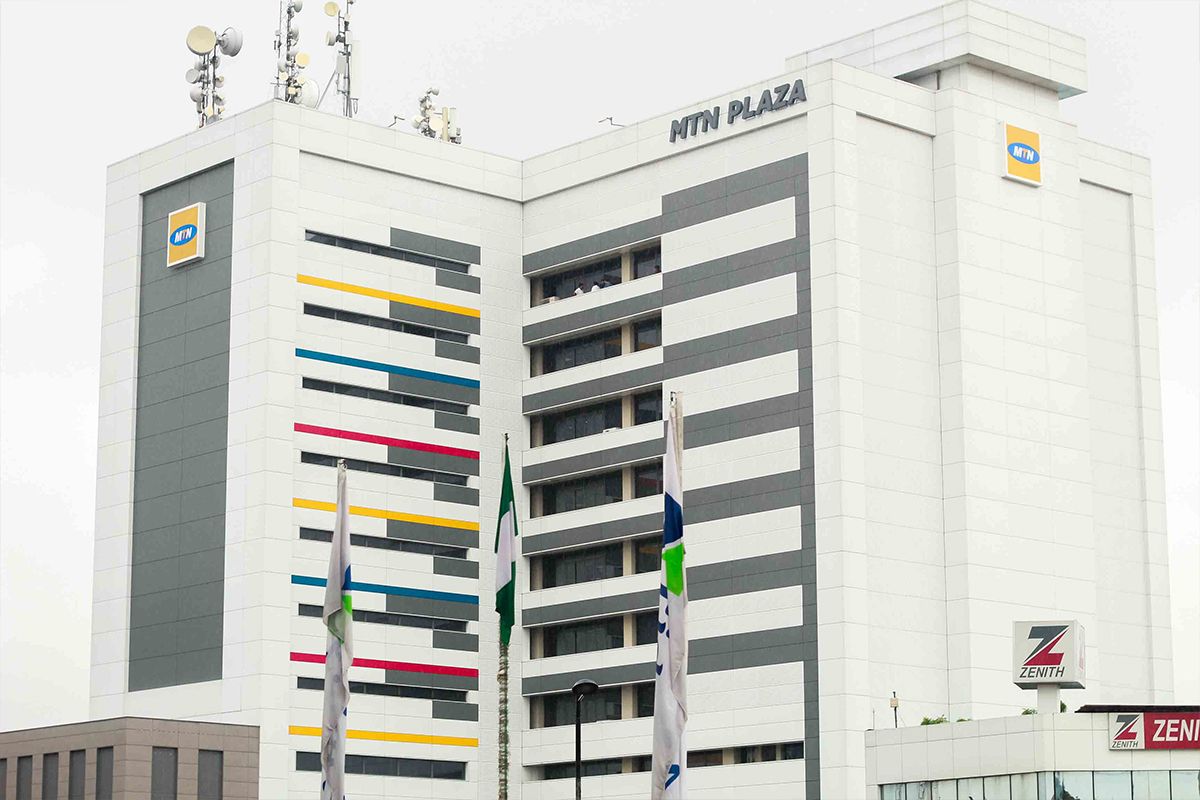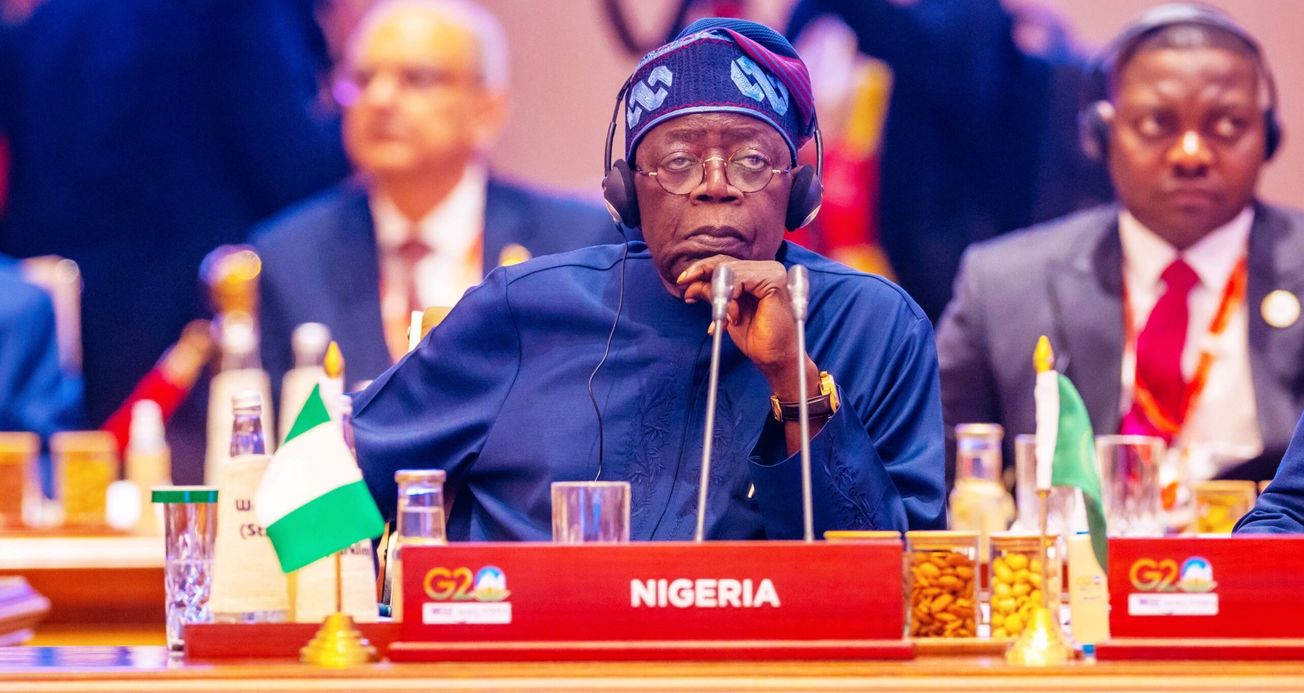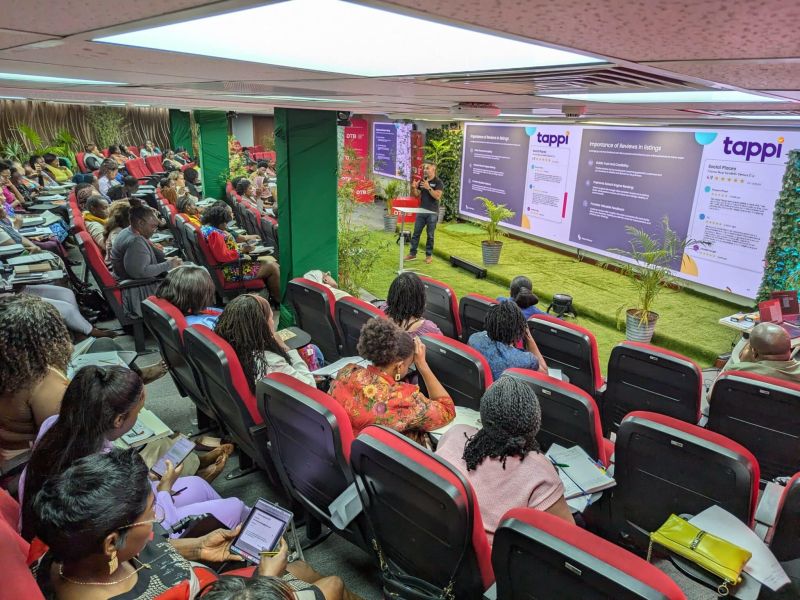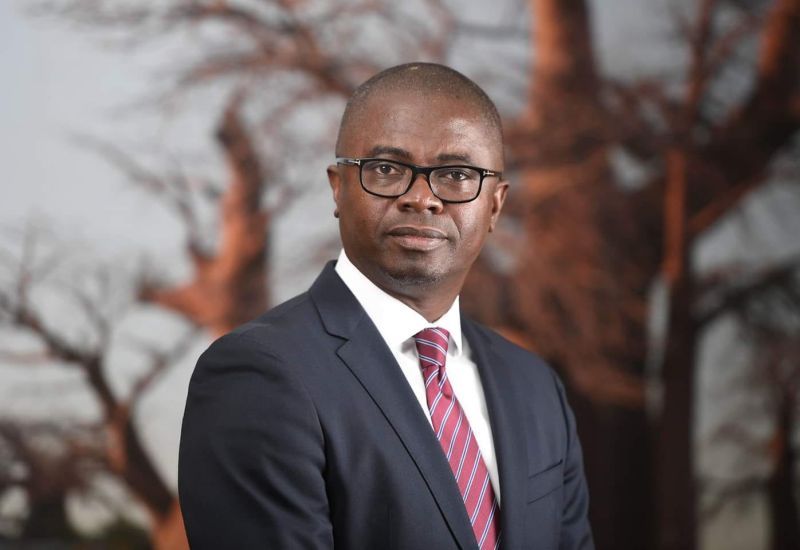Almost every founder of a startup had their Eureka moment. From Wave, Stripe, Flutterwave, and Collect Africa, to mention a few. Archimedes had his own aha moment when he was in a bathtub. For Halima Iqbal, the founder of Oraan, it was when she came to Pakistan in 2017 but immediately discovered it was difficult for women to access financial services. In 2018, Oraan was launched with the help of Farwah Tapal to help women access financial services.
“I had a really hard time opening up a basic bank account. It took me about three and a half months,” Iqbal told TechCrunch in an interview.
Three years later, the Pakistan-based startup which set out to help women get access to financial services has closed a $3 million round making the cofounders the first female entrepreneurs in Pakistan’s fintech space to raise a seed round. The latest development means that Oraan has now raised over $4 million in funding.
The round was co-led by returning investor Zayn Capital and Wavemaker Partners, with participation from Resolution Ventures, i2i Ventures, Hustle Fund, Haitou Global, Plug and Play and angels like Claire Diaz-Ortiz, a former investing partner at Magma Partners and early Twitter employee.
Access to financial Inclusion in Pakistan amongst women is very poor. According to a finding by Oraan, the figure stood at 7%. Iqbal, in a statement, gave an insight into why women are financially excluded in Pakistan.
“When a woman goes into a bank, the first question we get asked is ‘why do you even need bank account?,’ especially if you’re a freelancer or micro-entrepreneur or unemployed homemaker,” Iqbal said, adding that women are often asked to provide their husband or a male relative’s information so they can serve as a guarantor. “These kinds of restrictions have hindered women from having the kind of financial mobility that they require to be able to contribute equally to the economic growth of the country.”
Given how financially excluded females are in Pakistan, Oraan decided to start with ROSCAs (rotating credit and savings associations) or committees of people who contribute money to a pool distributed to a member each month. The rationale behind this idea is centered on Oraan's research which suggests that about 41% of the Pakistani population has participated in a ROSCA, and $5 billion gets rotated through them annually.
“The scale of use and what it provided to the user was just so fascinating. “This is a goldmine to create something valuable for the end user, as well as a business opportunity.” Iqbal
According to TechCrunch, "Traditionally, ROSCAs are formed within communities, for example among family members, friends or neighbors. Then each person puts in a set amount of money per month. Who gets each month’s pool of money is decided by the committee, sometimes by a vote or random draw."
There is however a divergence between Oraan's Rosca and the traditional ones. To quote TechCrunch once again, "One of the main differences between Oraan’s ROSCAs and informal ones is that users can pick which month they want the pool of money, because the app’s treasury management backend forms committees based on members’ needs and ability to pay."
"By participating in ROSCAs through Oraan, users also have the opportunity to join committees with people outside of their communities and social networks. Before accepting people onto Oraan, the app vets them, and it also manages each ROSCA, collecting and disbursing funds."
Oraan's long-term goal is to be an online bank, and with the popularity of ROSCA and the volume of transactions carried out using ROSCA, it is achievable.
“We want to become a full-fledged neobank and very heavily based on community because that’s where we see that women want a sense of belonging,” said Iqbal. “When it comes to financial transactions, that’s one of the things they feel they lack, that sense of belonging.”
Pakistan in focus
GDP: $263.687 billion in 2020 compared to $278.222 billion in 2019
Population: 220,892,331 in 2020 compared to 216,565,317 in 2019
GDP per capita: $1,193 in 2020 compared to $1,284 in 2019






